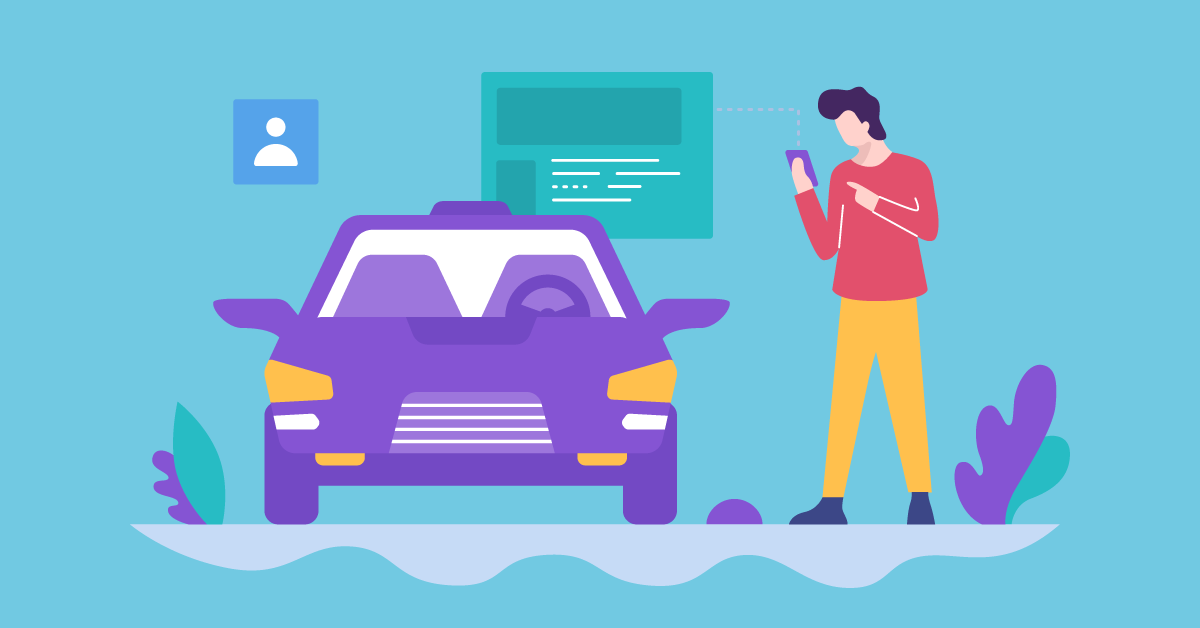The possibility of including vehicles in the Internet of Things (IoT) brings opportunities for better services and personalisation. The automotive industry, however, will need quite some time to make a step in that direction. Let us examine the possibilities opening up in the future.

The arrival of 5G will speed up the development of smart cars
The arrival of the 5G network promises major changes. The most important assumption is that this technology will connect everything, which brings about the potential of everything becoming “smart” or connected to the IoT. 5G will guarantee faster data transmission, and vehicles will be able to interpret data in real time and then use them to make decisions – and to display personalised advertising messages based on the location, time zone, and preferences of the car driver.
How will advertising in cars take place?
Advertising in cars will definitely present a challenge for the advertisers. They will need to find ways to reasonably connect to consumers in places where such connection matters the most. Here is where the use of data which make it possible to decode the consumers’ wishes and connect them with other, independent variables such as location, length of the distance travelled, day and time will come in handy. In this way, the data will help the cars to recognise consumers’ wishes, while programmatic advertising will take care of the real-time serving of relevant, personalised advertising messages. The car will know the driver and their habits so well that it will also know the stops and purchases to make along the way.
Meaning of location data
Location data will be used to deliver direct advertising messages to consumers. The cars will cover a huge amount of location data on consumers, including their visits to certain locations, visits of popular stores or restaurants, and the length of their car journeys. In practice, this means that cars will be able to use the data in order to suggest to consumers that they, for example, stop for lunch in a restaurant that they have driven by and that they gave a high grade to during their last visit. The survey conducted by Ipsos has shown that 49 per cent of consumers have a positive opinion of the messages that would be delivered by brands while driving, based on data. Moreover, they also believe that such messages are useful.
As we wrap things up, we can ask ourselves what type of shift smart, connected autonomous will vehicles bring. Can you imagine being able to shop while driving? Experts are convinced that such a reality is not far removed, and it will be based on something which already has a significant meaning today – data.
»Due to accelerated digitalisation, the Internet of Things will keep on intervening with numerous areas of our lives. Here at iPROM, we have already proven that we were ready for the arrival of the all-connected future. This will give brands the opportunity for a modern, personalised and efficient method of communicating with their target groups,« says Simon Struna, iPROM Programmatic Ecosystem Specialist.